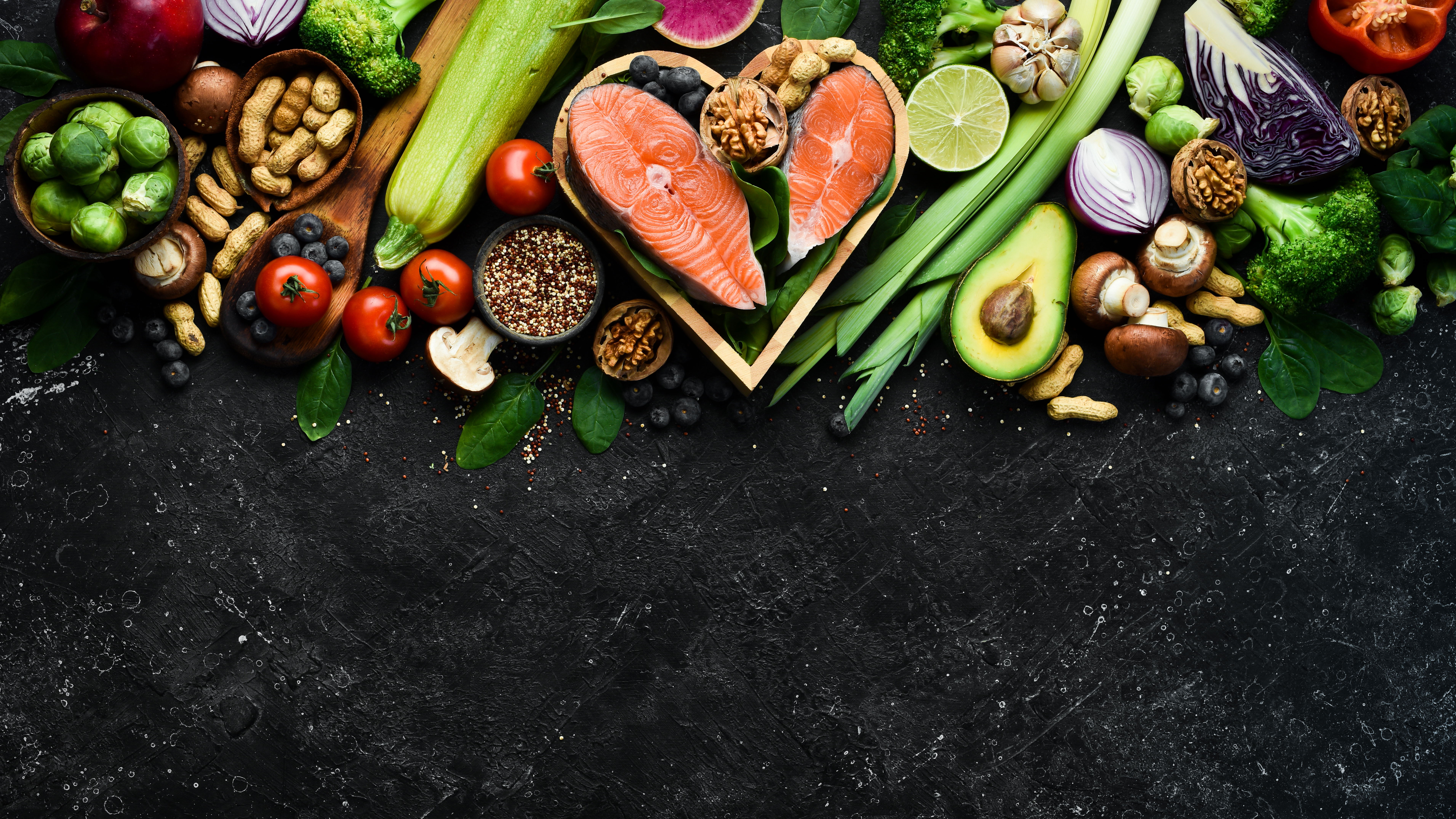Breaking the sugar myths
Why should people with type 2 diabetes eat the very foods that raise blood glucose the most? Does that make any sense. Would you add more fire to a fire that you want to put out. Contradictory, right?

MYTH 1 There are Good carbs and there are Bad carbs
The truth is carbohydrates can be refined or unrefined. Processing often produces refined carbohydrates low in fiber and full of simple carbohydrates.
Pasta, cereal, cookies, chips, and white bread are all examples of refined carbohydrates. These carbohydrates are simple and rapidly broken down and absorbed by your body causing insulin spikes.
People without diabetes or glucose metabolic disorders can tolerate the simple carbohydrates. However, they are encouraged to consume more of the unrefined carbohydrates to maintain good health in the long term.
HOWEVER, there is no good carbohydrate for a person with diabetes or with glucose intolerance.
Carbs are carbs and they are bad for these individuals, whether refined or not.
MYTH 2: Beans are proteins.
Beans are a source of protein. However, they do not only provide protein. Beans contain up to 65% carbohydrates compared to just 20% protein. This makes beans, mainly carbohydrates.
Beans are a great carbohydrate source for healthy individuals who do not have glucose metabolic disorders
HOWEVER beans are not for an individual with diabetes or with glucose tolerance disorders.
MYTH 3: We must eat carbohydrates to survive
The truth is, glucose provides the body with the energy to survive. It is broken down to energy molecules that the cells need to function.
The glucose is absorbed by the body from the food we eat. For a health individual without diabetes, this is a seamless process that ensures that the glucose consumed is quickly removed from the blood system and delivered to the cells that need it.
In an individual with diabetes or glucose metabolic disorders, this process is flawed and can cause high levels of glucose in the blood which lead to cell death and tissue damage.
What would happen if a person did not provide the body with glucose through food?
Well, the body would just find another way of making its own glucose. The body would make just enough glucose, for its use, and not excess. This makes it an attractive alternative for an individual with diabetes. Allowing the body to make sufficient glucose for its consumption, as opposed to providing it through diet, with glucose that it cannot use, that end's up in the blood causing all that damage.